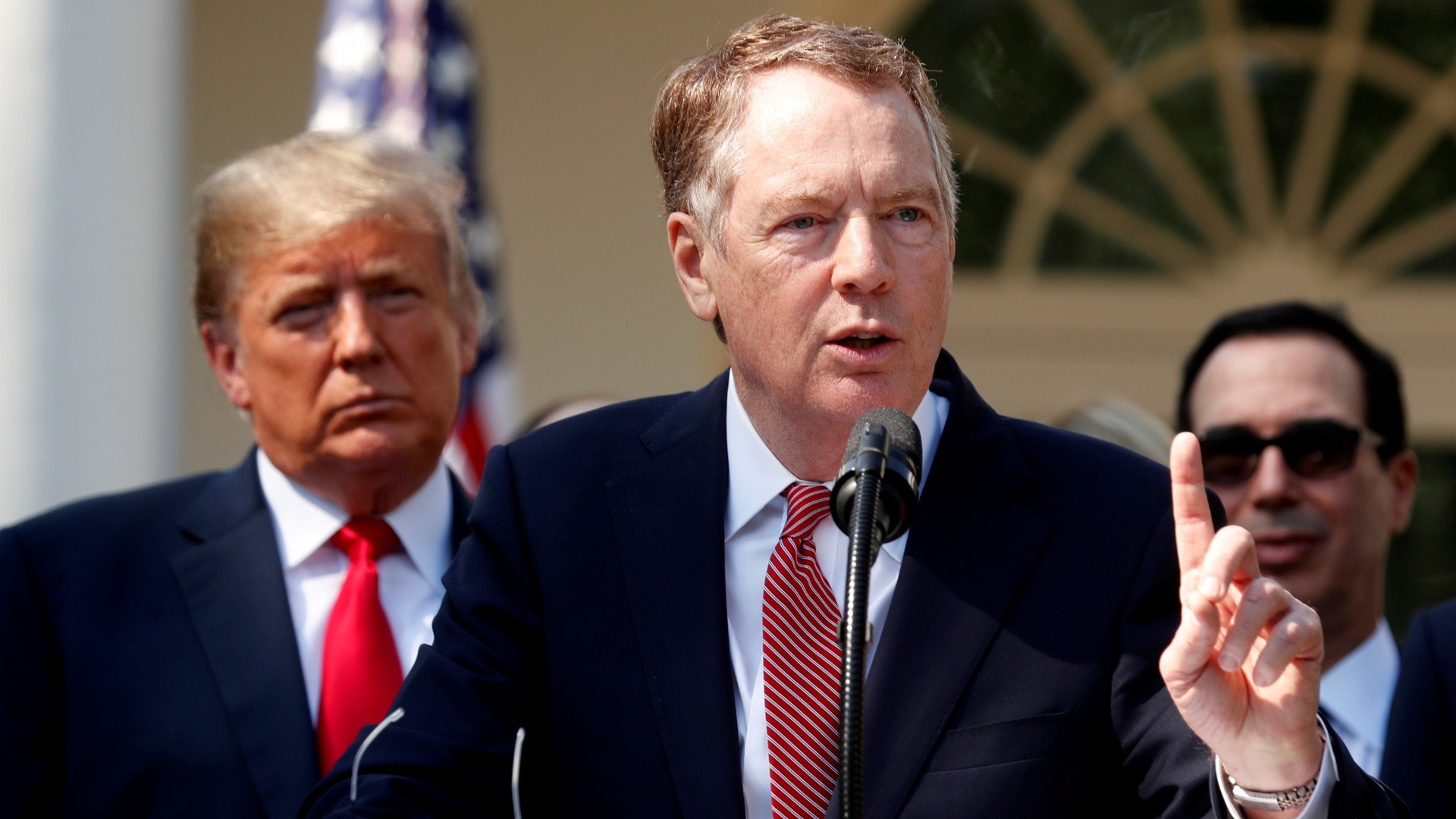The US Trade Representative Office will begin its first tariff hearing on Monday (17th), US East Coast time, and the Trump administration plans to levy a 25% tariff on the $300 billion worth of Chinese goods to consult the business community.
There will be a total of 7 hearings, and the final one will end next Tuesday (25th).
As early as Thursday (13th), more than 600 US companies or industrial chambers including large retailers such as Walmart have joined forces to advise the Trump administration not to use “a Tariff” to resolve trade disputes. Instead, return to the negotiating table.
The article entitled “Tariffs Hurt the Heartland” also points out that if Trump’s tariff threat is fully implemented, the United States will lose 2 million jobs and reduce US gross domestic product (GDP)1 % and increase the annual expenses of an average family of four by $2,000.
Unacceptable supply chain
The Wall Street Journal has visited a number of US companies to see their response to the increase in tariffs. The business of the interviewed companies consists of pyrotechnic suppliers, curtain importers, collectibles manufacturers, bedding manufacturers, and sports shoe importers.
There are numerous complaints from enterprises. Some complaints “there is no manufacturer in the United States”, some complain that “the production cost in the United States is too high”, and some directly point to “there is not enough skilled workers in the United States to make similar production.”
Some “pre-prepared” companies have tried to find sources outside China after Trump was elected in 2016; their attempts have encountered difficulties one level after another. First, finding the relevant vendors themselves is the first problem; but even if the vendors are found, they may not be able to meet the needs of these US companies due to local infrastructure problems or manufacturers’ capacity problems. Some small businesses that are less in demand are being rejected because they have too few purchases.
Although these are old news, the most interesting example is the American sports shoe brand New Balance.
“Little special powder” New Balance ‘s turn
In the US footwear market, where foreign goods account for nearly 99%, New Balance can be considered an odd number. In the United States, the total number of domestically produced footwear is about 25 million pairs per year. According to New Balance, its production accounts for 4 million pairs, which is much higher than the proportion of American goods in the US footwear market. On the New Balance website, there is a special “American production” list, showing that New Balance has always been interested in the “Patriot” market.
Such a brand is of course a supporter of Trump. Shortly after Trump was elected in November 2016, New Balance’s deputy director of public relations praised Trump for making the United States “go in the right direction” and described Obama as “disregarding” his company’s demands. At the time, the white supremacist website described New Balance as “the official brand of the Trump revolution” and “the official sports shoes of the Caucasians”.
However, when there is a threat to Trump’s tariff to China, New Balance wrote to the US Trade Representative Office on June 7th, pointing out that the tariff will hurt its “production in the United States”. It seems that the US government can recover the tariff threat. , or at least exempt from related products.
The reason for New Balance’s appeal can be seen in its online promotion. On its “Made in the USA” page, in addition to boasting that it has maintained production in the United States for more than 75 years, its website has been promoted with “more than 70% of domestic production.” The problem is that there is another “less than 30%”.
In his letter, New Balance bluntly stated: “The limited supply chain in the United States is too small to support the scale of US footwear production that we strive to maintain… We must import footwear components from China, such as soles, insoles… To maintain the operation and development of our five New England facilities.”
The example of New Balance shows the lack of American industry. However, this is not a criticism of the United States, because every country also has its own industry. This kind of deficiency will depend on other countries to make up, and this kind of complement is under the consideration of the relative advantage of the country. It is also likely that the country with such a deficiency has more advantages than disadvantages.
On the next two weeks of tariff hearings, perhaps we will have a deeper understanding of the lack of such a country and the industrial complementarity between countries. If you want to say what Trump’s trade war has for the world, it is probably that it will eventually make people living in a global generation more aware of the nature of globalization.












